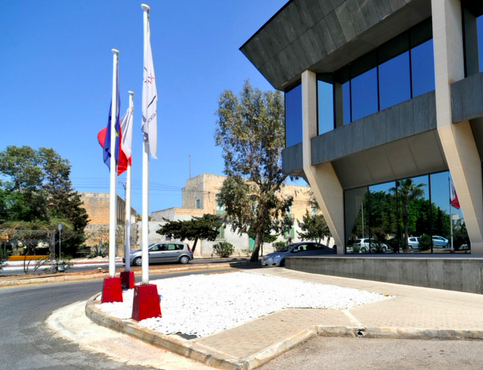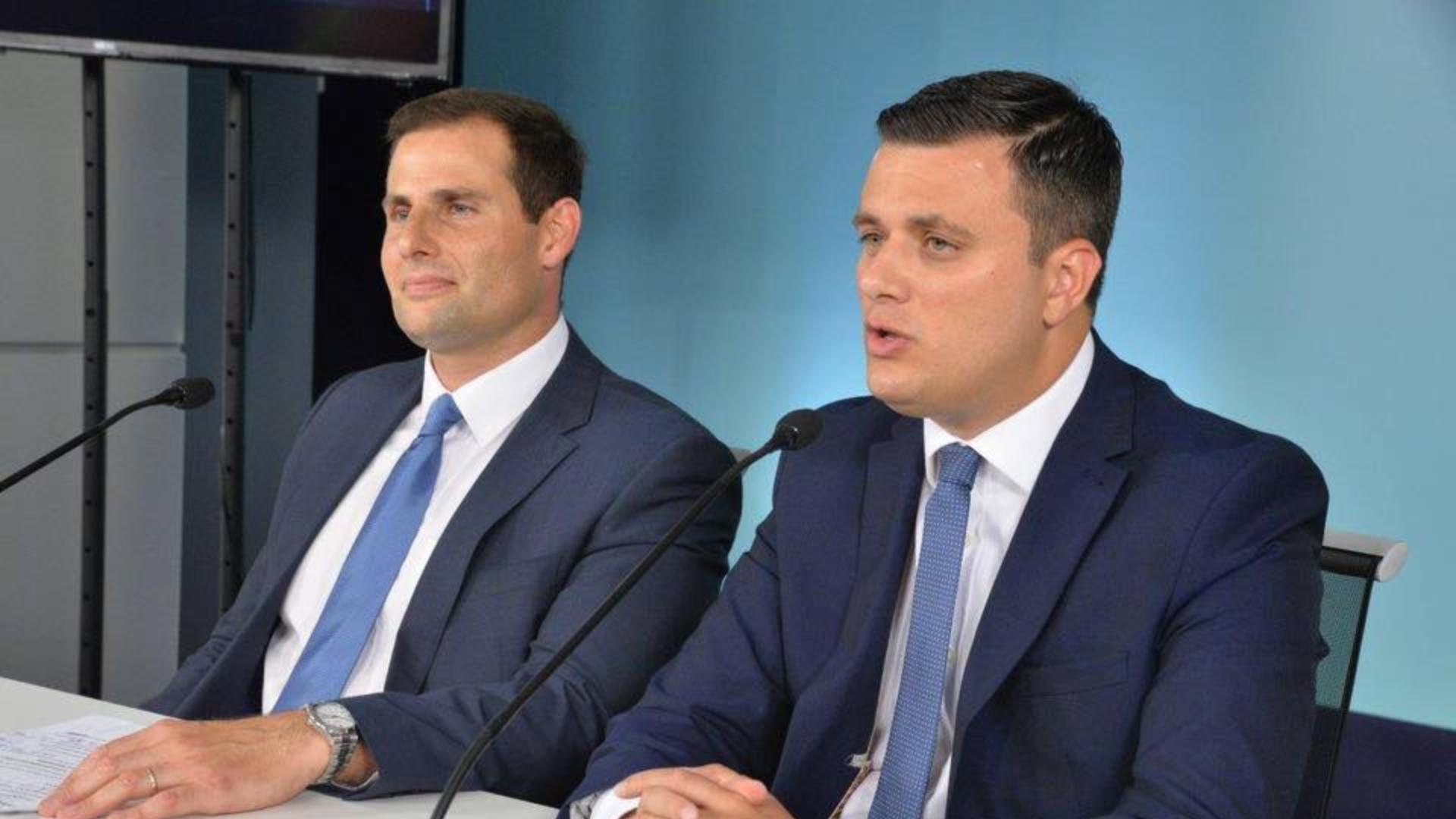The Malta Financial Services Authority narrowly escaped a formal investigation by the European Banking Authority (EBA) only because it started procedures to withdraw the licence of Pilatus Bank, the EPP group said in a statement.
Even so, the banking authority still “identified serious concerns with the manner in which Pilatus Bank was handled, and which must be addressed,” PN head of delegation David Casa said.
In June, the European Banking Authority found shortcoming in the Financial Intelligence Analysis Unit’s (FIAU) supervision of Pilatus Bank.
In a letter to MEPs, the EBA stated that serious concerns had been identified in the following areas:
- Engagement between the MFSA and the Financial Intelligence Analysis Unit during the authorisation process.
- Robustness of due diligence checks conducted as part of the authorisation process.
- Prudential supervisory response to concerns about effectiveness of AML/CFT systems and controls.
- Resources and risk prioritisation given to credit institutions pursuing a private banking business model with predominantly non-resident customers.
The inquiry was opened following requests and reports from the European Commission and the European Parliament.
Casa pointed out that the MFSA took far too long to take the obvious decision to prevent Pilatus Bank from continuing to operate in Malta.
“The MFSA must effectively and immediately address the serious concerns raised by the EBA. The financial sector and the many livelihoods that depend on it must be put above the interests of corrupt politicians,” he said.
The EBA said it would continue to monitor the MFSA closely and that follow-up onsite inspections would be carried out.
In a statement on Tuesday, the MFSA said it was pleased that its supervisory actions with respect to Pilatus Bank had been recognised, as well as its ongoing commitment to improve its overall supervisory practices especially on anti-money laundering supervision. It welcomed the EBA’s recommendations.













